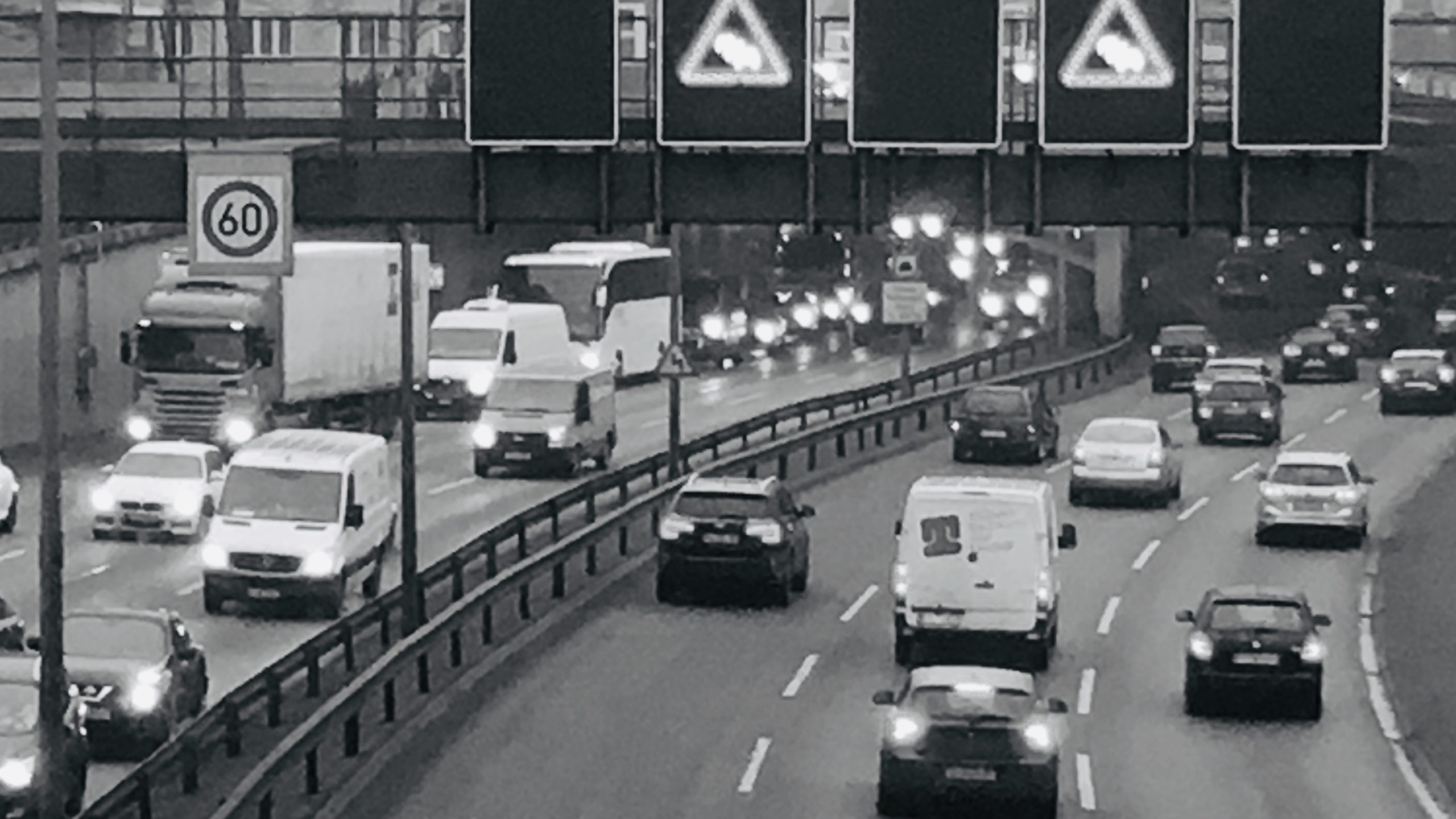For: Netherlands Ministry of Infrastructure and Water Management (Min IenW)
[November 2020 – April 2021]
October 2020, the Ministry of Infrastructure and Water Management of the Netherlands asked studio Gear Up to study the possible impacts and policy interactions of a proposal for an extension of the emission trading scheme (ETS) to road transport with regard to renewable fuels.
The Ministry wanted to develop insight on whether a possible overlap exists with other regulations focusing on the road transport sector, such as the Renewable Energy Directive, the Fuel Quality Directive and the Effort Sharing Regulation. Another question was whether, and where the ETS would either strengthen or weaken existing regulation.
While the scope was a European Union wide implementation of such system, the Ministry aimed to get more understanding of the consequences for Netherlands policy targets and the Dutch stakeholders.
The Ministry published the report on September 14, 2021. See the link.
The report by studio Gear Up (in Dutch) can also be downloaded here.




